Corruption within the judiciary has long been a contentious issue in Kenya, with allegations of bribery and unethical dealings tainting the country’s justice system. In a bold move to restore public confidence and uphold judicial integrity, Chief Justice (CJ) Martha Koome has proposed the establishment of court integrity committees in every court across the country. This initiative aims to tackle judicial corruption head-on by fostering accountability, ethical conduct, and transparency within the legal system.
Tackling Corruption: The Role of Court Integrity Committees
Chief Justice Koome’s proposal seeks to address growing concerns about corruption in Kenya’s judiciary, where claims of bribery and biased rulings have been widely reported. According to her, these committees will play a vital role in monitoring and enforcing ethical standards among judicial officers, thus reducing instances of bribery, case manipulation, and undue influence in court proceedings.
The initiative has received overwhelming support from key legal institutions, including the Office of the Director of Public Prosecutions (DPP), the Inspector General (IG) of Police, and the Law Society of Kenya (LSK). The DPP has particularly emphasized the need for increased funding to recruit more prosecutors who specialize in corruption-related cases, ensuring that justice is served efficiently and fairly.
Similarly, the Inspector General of Police has acknowledged that corruption is not just confined to the judiciary but also exists within law enforcement. His office has pledged to work closely with the judiciary in eradicating corrupt practices in Kenya’s legal system. Meanwhile, LSK President Faith Odhiambo has called for additional measures, including tracking and recovering funds obtained through corruption and stashed abroad to ensure financial accountability.
Formation of an Anti-Corruption Task Force
In addition to the proposed court integrity committees, CJ Koome has gone a step further by appointing a five-member anti-corruption committee within the National Council on the Administration of Justice (NCAJ). This task force includes high-profile figures such as Ethics and Anti-Corruption Commission (EACC) CEO Twalib Mbarak, Justices Nixon Sifuna and Thoma Nzioka (representing the Judiciary), Amos Omuga from the National Police Service, and Mohamed Adow from the Asset Recovery Agency.
The main objective of this committee is to ensure a coordinated, efficient, and consultative approach to fighting corruption within the justice system. Their mandate includes investigating allegations of misconduct, improving legal procedures, and implementing reforms to restore public trust in the judiciary.
Allegations of Corruption and the Judiciary’s Response
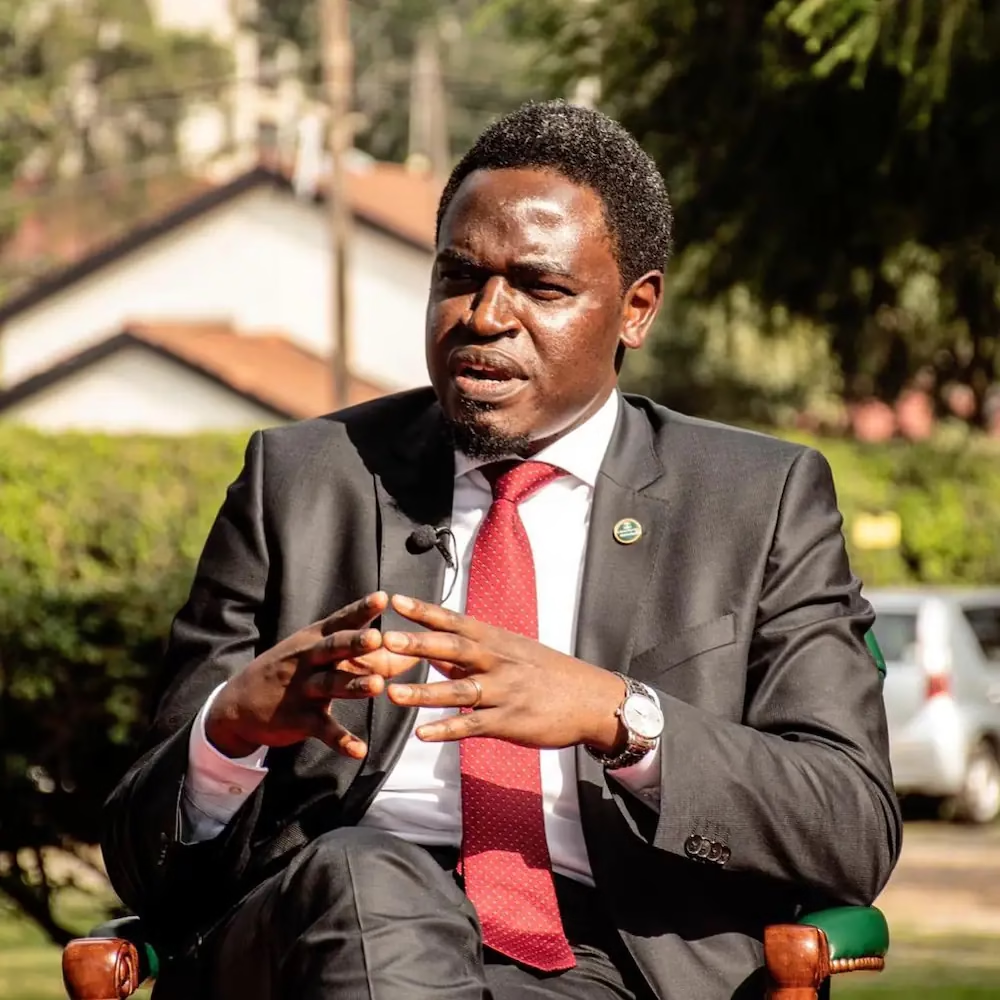
While these reforms signal a step in the right direction, they come amid a wave of criticism from prominent lawyers and former LSK President Nelson Havi, alongside Senior Counsel Ahmednasir Abdullahi. These outspoken legal practitioners have consistently accused Supreme Court judges of corruption, alleging that some high-profile rulings have been influenced by bribes and political interests.
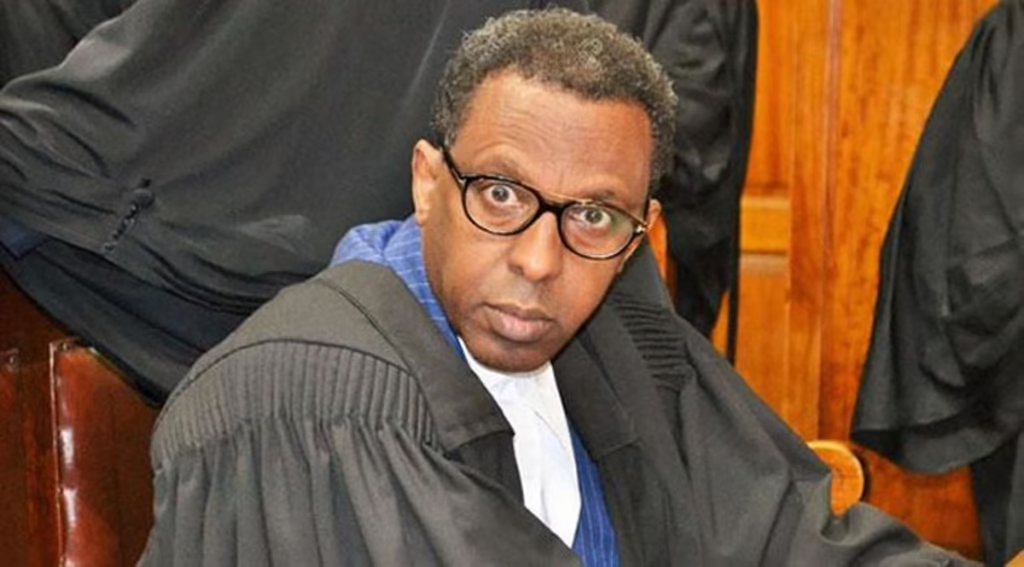
Their criticisms, often aired on social media (particularly on X, formerly Twitter), have fueled public debate over the judiciary’s integrity. In response, CJ Koome has directed the Judicial Service Commission (JSC) to engage with Ahmednasir Abdullahi to obtain detailed evidence of the corruption allegations. This move signals the judiciary’s commitment to transparency and accountability, showing that all claims will be taken seriously and investigated thoroughly.
Will These Reforms Bring Real Change?
The establishment of court integrity committees and anti-corruption task forces is a proactive approach to tackling corruption within the judiciary. However, its success will depend on several factors, including proper implementation, adequate resourcing, and unwavering political will.
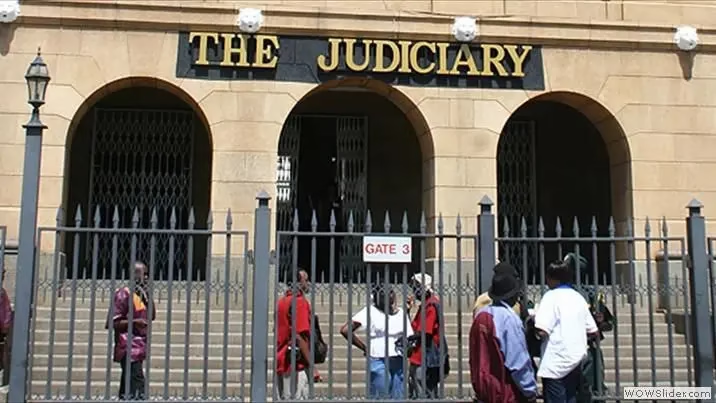
For these committees to be effective, they must operate independently, be given legal backing, and have the power to enforce disciplinary actions against corrupt judicial officers. Furthermore, collaboration between the judiciary, law enforcement, and oversight bodies like the Ethics and Anti-Corruption Commission (EACC) will be critical in ensuring the reforms lead to real, lasting change.
Join the Conversation
What do you think about CJ Koome’s proposal to combat corruption within Kenya’s judiciary? Will the court integrity committees make a difference, or will corruption persist?
We’d love to hear your thoughts! Like, share, and comment below to join the discussion. Your insights help us drive meaningful conversations about legal reforms and judicial accountability in Kenya.
#JudicialReforms #AntiCorruption #KenyaJudiciary #LegalNews #CourtIntegrity #JusticeForAll #LegalExpressKenya








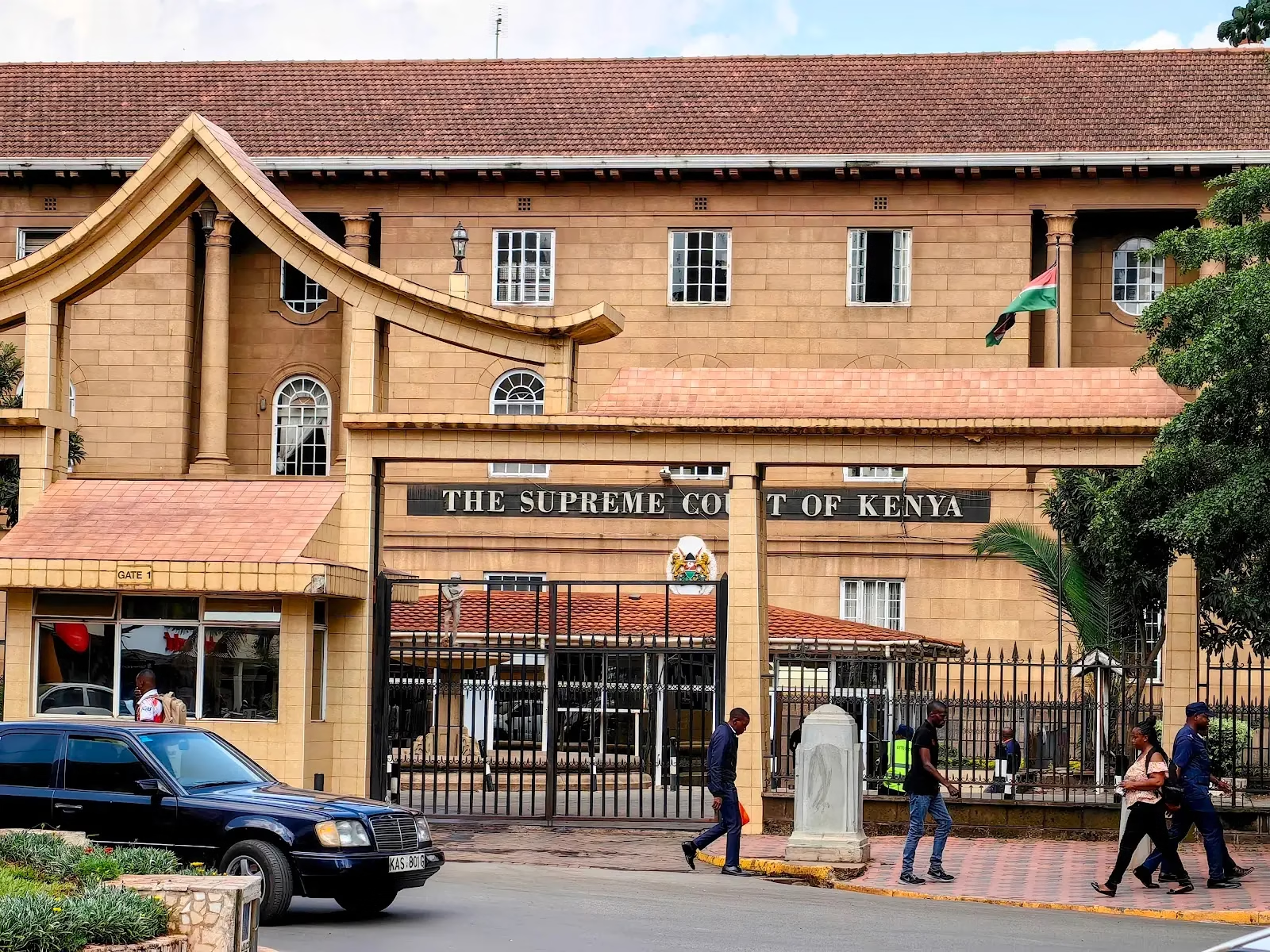


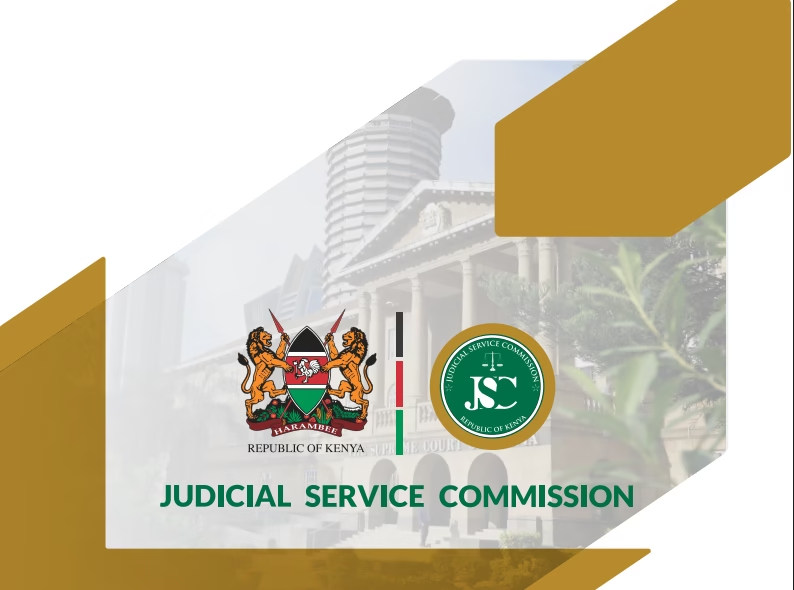

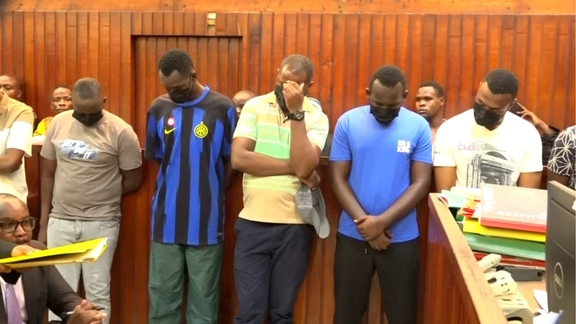
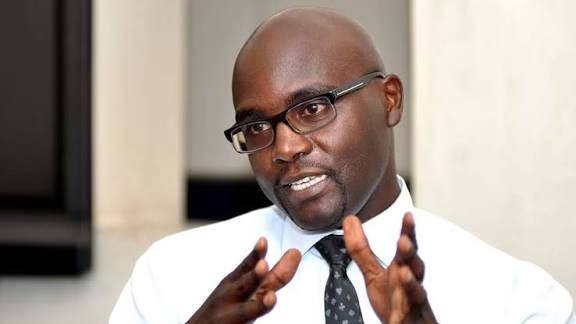


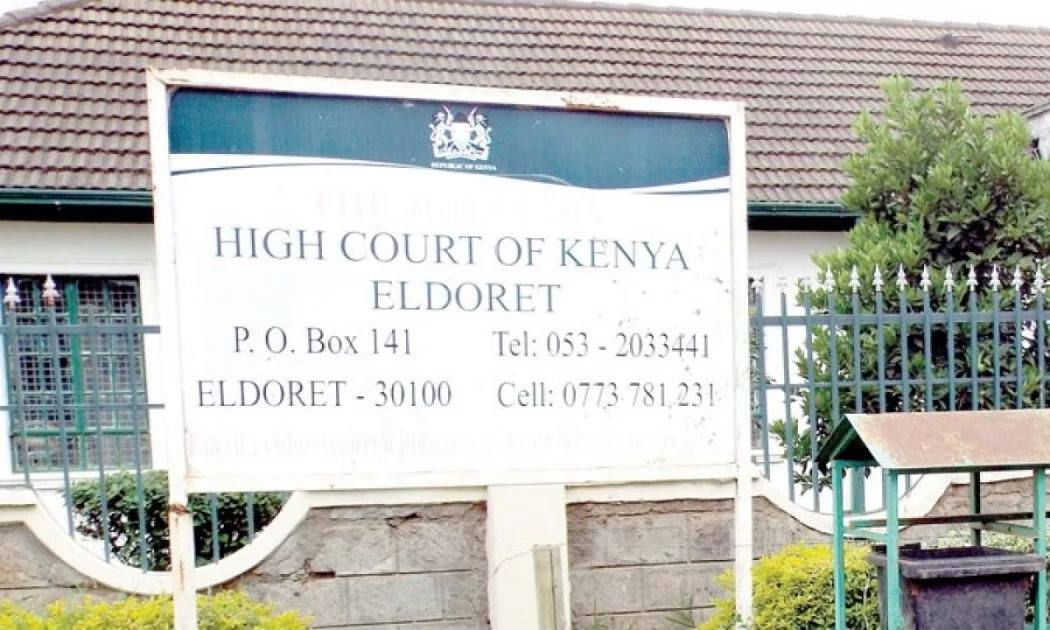

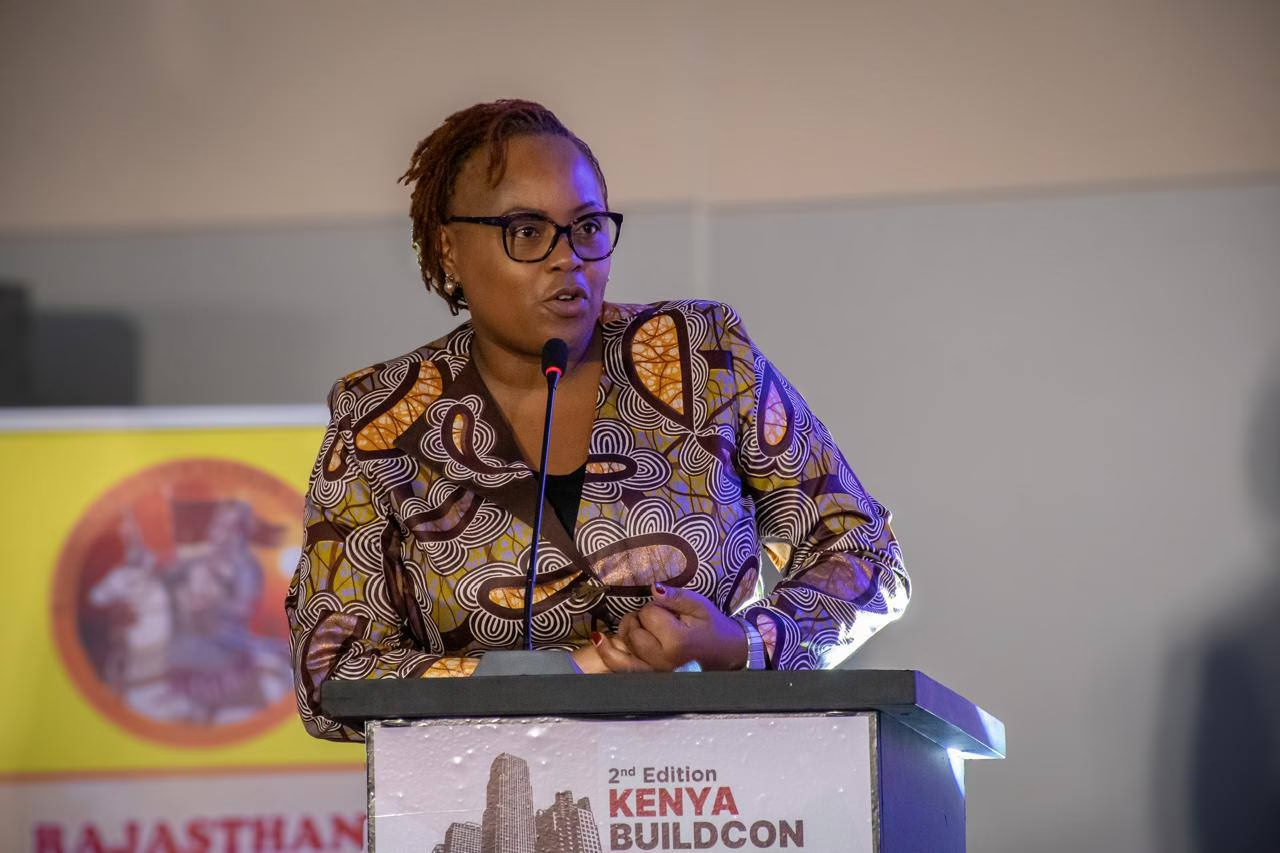
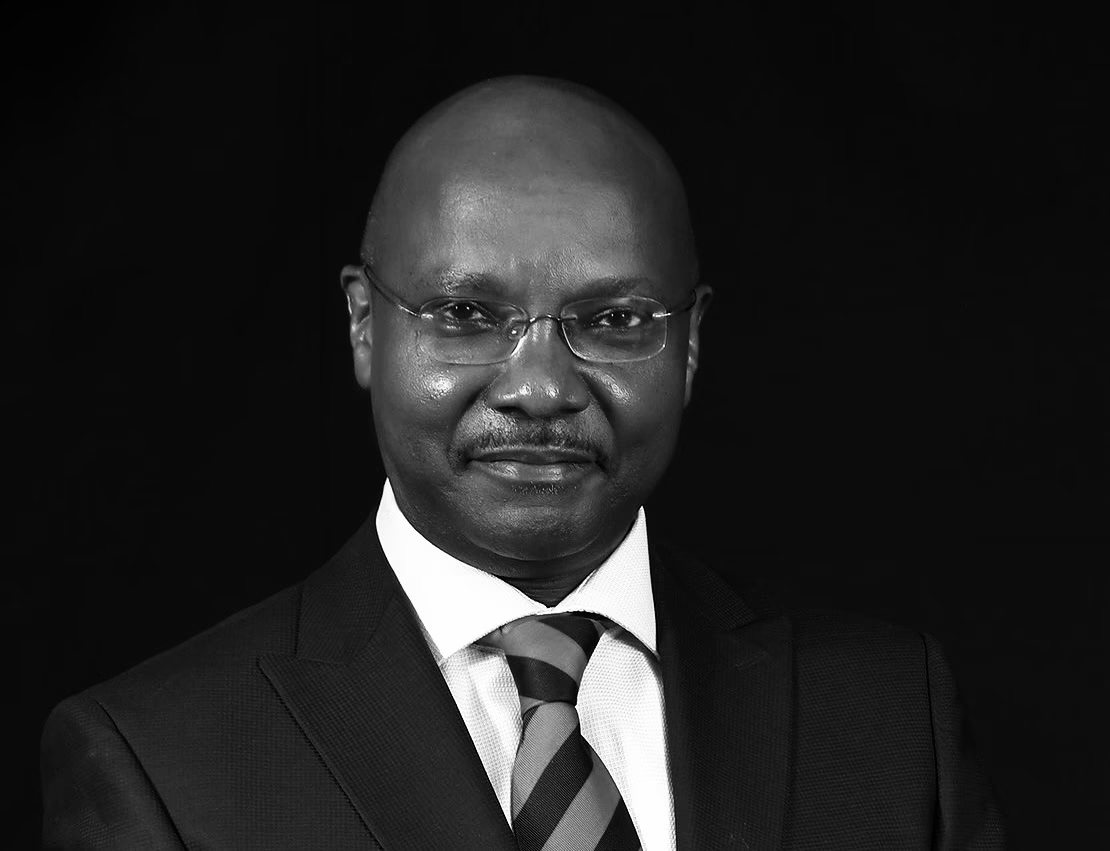
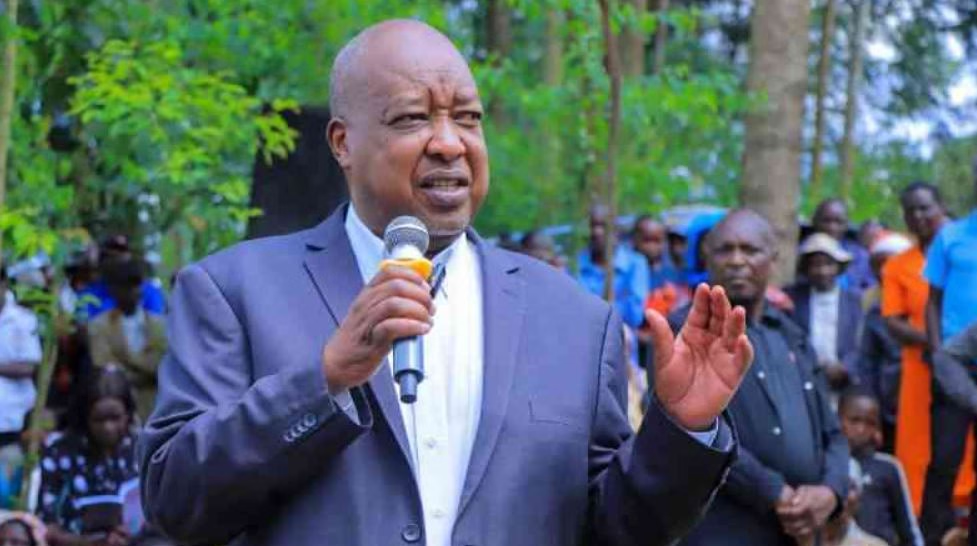
Leave a Reply